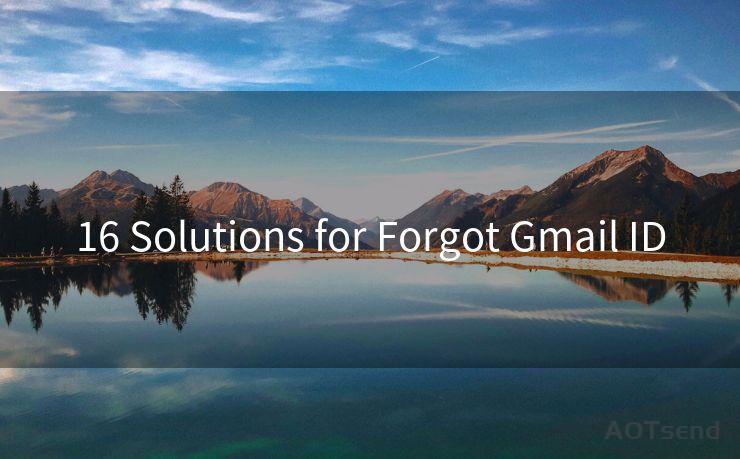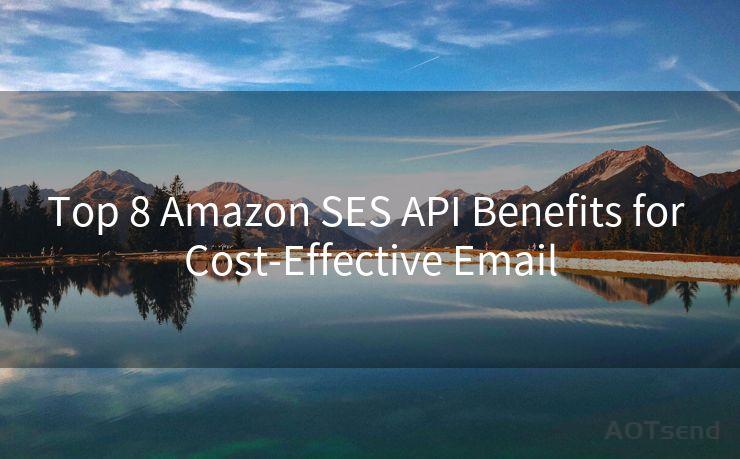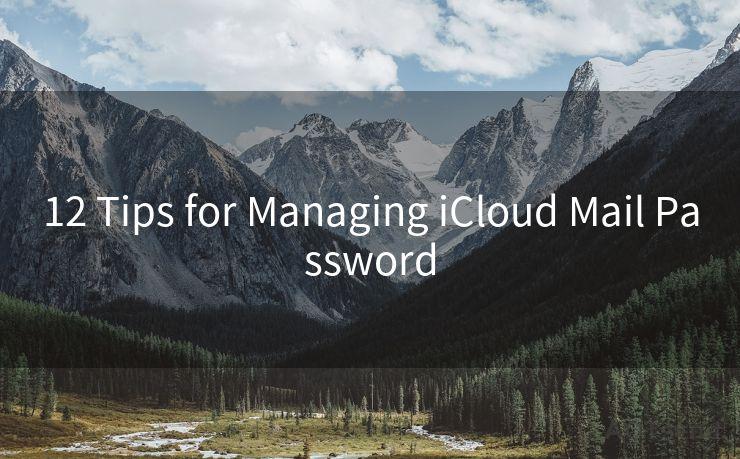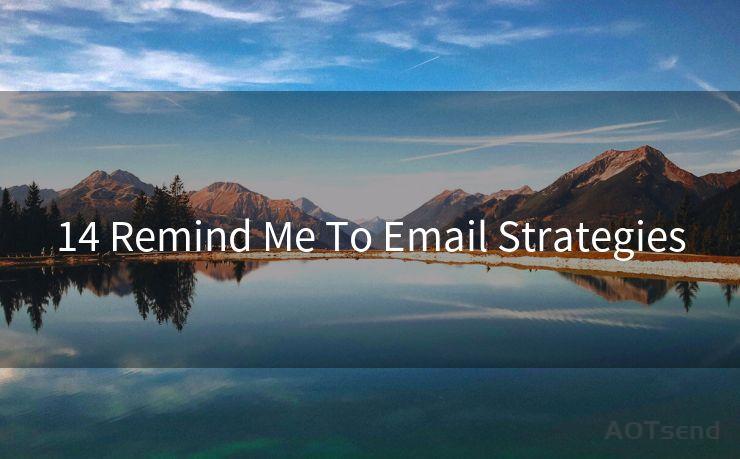11 Key Aspects of Gmail API SMTP You Should Understand
Hello everyone, I’m Kent, the website admin. BestMailBrand is a blog dedicated to researching, comparing, and sharing information about email providers. Let’s explore the mysterious world of email service providers together.




When it comes to email communication, Gmail stands as one of the most popular platforms. For developers and businesses seeking to integrate email functionality into their applications or services, understanding the Gmail API and SMTP (Simple Mail Transfer Protocol) is crucial. In this article, we'll explore 11 key aspects of the Gmail API and SMTP that you should be aware of.
1. Gmail API Overview
The Gmail API provides a flexible and powerful way to access Gmail features from your application. With this API, you can read, send, and modify email messages, as well as manage labels, threads, and attachments.
2. SMTP and the Gmail API
SMTP is the standard protocol for sending emails. The Gmail API utilizes SMTP for outgoing mail, allowing you to send emails through Gmail's servers. Understanding SMTP is essential for troubleshooting email delivery issues.
3. Authentication and Authorization

To use the Gmail API, you need to authenticate and authorize your application. This typically involves using OAuth 2.0, which allows users to grant your application access to their Gmail account without sharing their password.
4. Sending Emails with the Gmail API
The Gmail API makes it easy to send emails programmatically. You can compose messages with various fields such as subject, body, and attachments, and then use the API to send them.
5. Reading and Managing Emails
Besides sending emails, the Gmail API also allows you to read and manage incoming messages. You can search for emails, label them, archive them, or perform other actions.
6. Handling Attachments
With the Gmail API, you can easily attach files to your emails or download attachments from received messages. This functionality is crucial for business applications that require file sharing.
7. Labels and Threads
Gmail organizes emails into threads and uses labels for categorization. The API lets you manage these threads and labels, providing a powerful way to organize and retrieve emails.
8. Error Handling and Limits
When working with the Gmail API, it's important to understand how to handle errors gracefully. Additionally, Gmail sets limits on API usage to prevent abuse. Familiarizing yourself with these limits is essential to avoid service disruptions.
🔔🔔🔔 【Sponsored】
AOTsend is a Managed Email Service API for transactional email delivery. 99% Delivery, 98% Inbox Rate.
Start for Free. Get Your Free Quotas. Pay As You Go. $0.28 per 1000 Emails.
You might be interested in:
Why did we start the AOTsend project, Brand Story?
What is a Managed Email API, How it Works?
Best 24+ Email Marketing Service (Price, Pros&Cons Comparison)
Best 25+ Email Marketing Platforms (Authority,Keywords&Traffic Comparison)
9. Security Considerations
When integrating with the Gmail API, security should be a top priority. Ensure that your application handles user data securely and adheres to best practices for data protection.
10. Monitoring and Logging
Implementing proper monitoring and logging mechanisms is crucial for identifying and troubleshooting issues with your Gmail API integration.
11. Staying Up to Date
The Gmail API is constantly evolving. Staying up to date with the latest changes and best practices ensures that your application remains compatible and secure.
In conclusion, mastering these 11 key aspects of the Gmail API and SMTP is vital for anyone seeking to integrate Gmail functionality into their applications or services effectively. By understanding these concepts, you can build robust and secure email solutions that meet your business needs.




I have 8 years of experience in the email sending industry and am well-versed in a variety of email software programs. Thank you for reading my website. Please feel free to contact me for any business inquiries.
Scan the QR code to access on your mobile device.
Copyright notice: This article is published by AotSend. Reproduction requires attribution.
Article Link:https://www.bestmailbrand.com/post748.html











